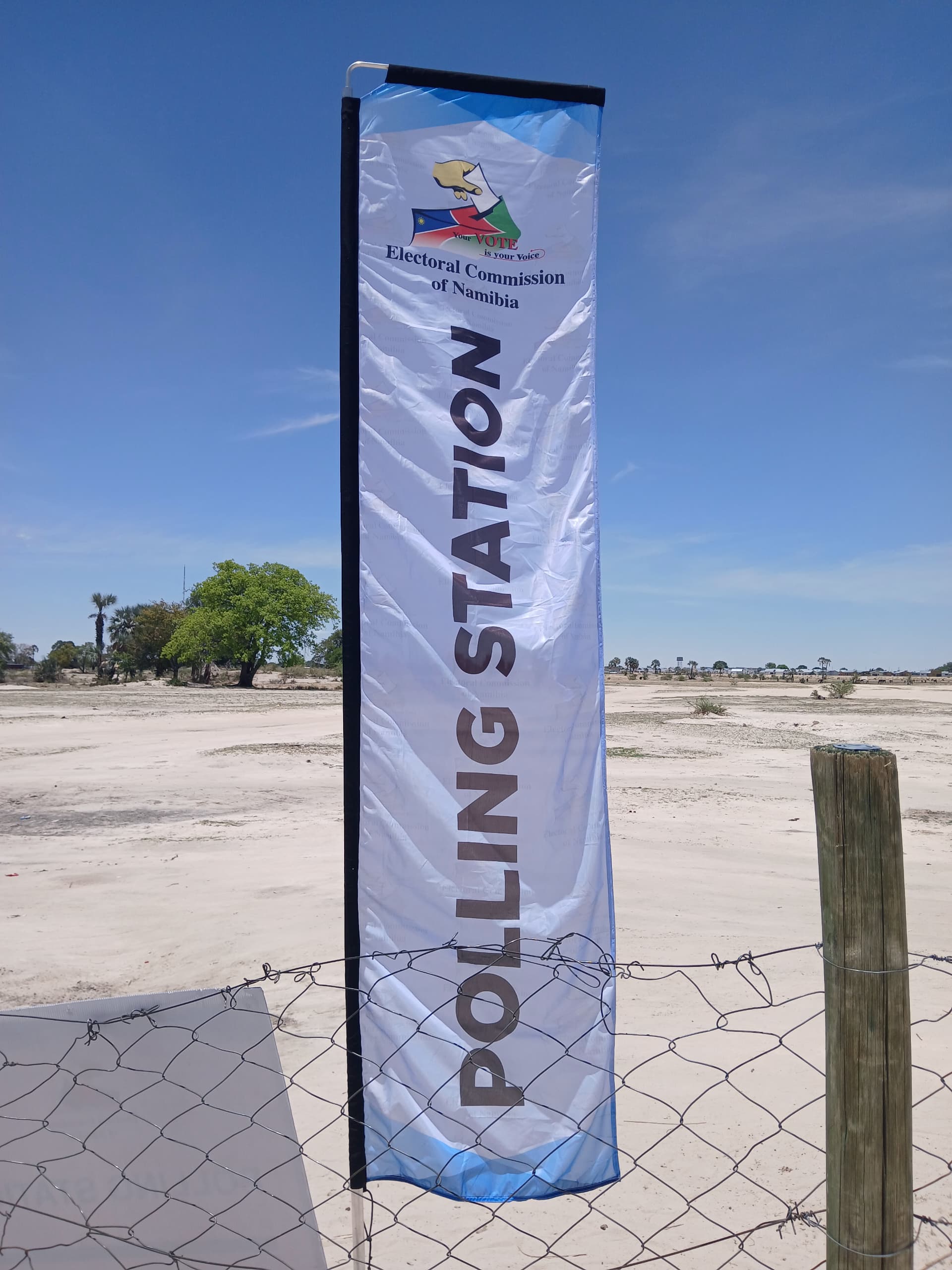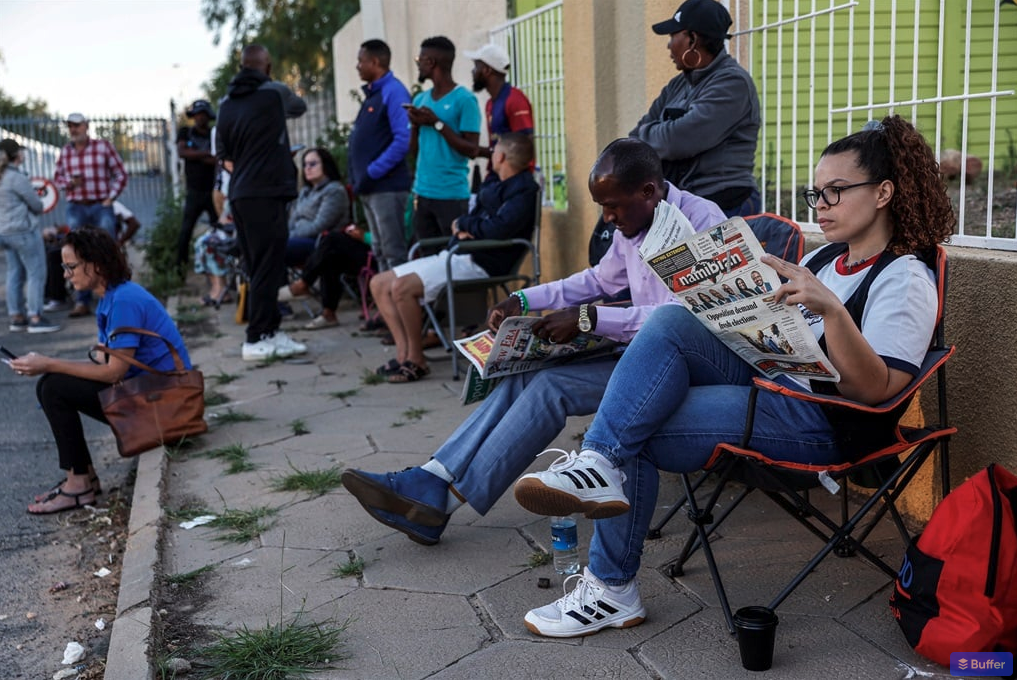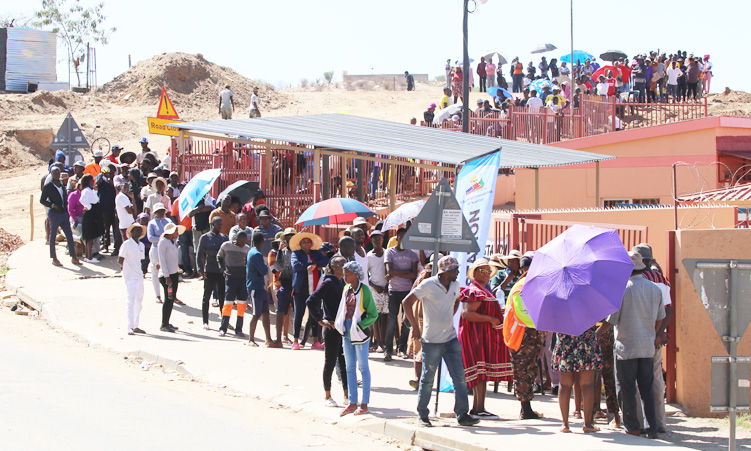During a speech in France last month, president Hage Geingob was quoted as asserting that South Africa’s apartheid regime was “worse” than Germany’s genocide against the Nama and Ovaherero ethnic groups.
Should the severity and effects of apartheid and genocide be equated and measured on the same scale? What is the yardstick?
And, should the value of human life be considered purely on material calculations?
APARTHEID
Apartheid and genocide are both discriminatory. Both are criminal actions taken by one group of people against another group based on race, ethnicity, religion, culture, etc.
Whereas both tend to lean towards belief in the supremacy of one group, how they are manifested is in fact different.
Apartheid is a race-based policy that systemically segregates black people from whites and deprives them of access to certain resources and privileges.
It was particularly enforced in South Africa from 1948, and subsequently in Namibia, until Namibia and South Africa gained their independence in 1990 and 1994, respectively.
Apartheid was declared a crime at the United Nations International Convention of 1973, while a meeting of the Geneva Convention in 1977 designated apartheid as a war crime.
GENOCIDE
In ancient times, people such as the Mongols, Muslims and Christians vied for dominance and territories.
Genocidal tribal raids occurred throughout prehistoric and historic times, even in the second half of the 20th century.
Fact is, genocide has taken place throughout human history. It’s conceivable that most genocides occurred during wars or as a consequence of wars, or led to wars.
Genocide is the destruction of a group of people by another group for ethnic, racial, religious, political or economic reasons.
The most studied cases of genocide were witnessed in World War II (1939-1945) with the Jews Holocaust in Nazi Germany.
That genocide was preceded by the one against Namibia’s Ovaherero and Nama people, perpetrated by German war criminal Ludwig von Trotha.
In Rwanda (1994), the slaying of about 800 000 Tutsi men, women and children and moderate Hutus by vicious elements of the Hutu tribe is one of the most recent acts of genocide in Africa.
Genocide has three basic elements: Killing members of a targeted group; causing serious bodily or mental harm to members of that group; inflicting conditions calculated to bring about the group’s physical destruction in whole or in part.
DIFFERENCES
While apartheid and genocide are both crimes against humanity, there are differences between the two.
The main one is the number of deaths of the target group/s.
Apartheid was more focused on separate development, Bantustans and oppression of the black population, denying the black population freedom and independence, favouring minority white settlers, confiscation of land, forced settlements in designated areas, segregating the black population among themselves, a contract labour system, subjugation, torture, killings and banishment to Robben Island.
These were some of the most shameful acts a regime has ever imposed on its people.
However, apartheid did not include the ruthless slaying of ethnic, religious or cultural groups.
Still, its deep-seated emotional effects still continue to rear their ugly heads today in Namibia, South Africa and beyond.
MAGNITUDE
Conversely, genocide focuses on eradicating a particular group, based on ethnic, racial, cultural and religious differences.
There have been many successful convictions of individuals for Holocaust and genocide related crimes: The case of Rudolf Hess, of Hitler’s Gestapo, is a vivid example.
Genocide has claimed many victims. One only needs to reflect on the numbers to see the brutality of this crime – the magnitude of lives lost shows the manifestation of this crime.
In then German South West Africa (Namibia), 80% of the Ovaherero and 50% of the Nama population were decimated under Nazi Germany (1904-1908), as well as a significant percentage of the Damara and San people.
That genocide included mass killings, the deprivation of indigenous people’s rights, racial oppression, the expulsion of native populations from communally owned land, appropriation of livestock, forbidding livestock ownership, appropriation of land for minority white settlers, and tossing people into concentration camps, where they were executed or died from thirst, starvation, and illness.
Additional consequences included forced labour, rape, and scraping the skulls of the dead with shards of glasses to send to Germany for so-called ‘racial science’ research.
The impact of that period continues to affect Namibia’s socio-economic landscape, especially among descendants of genocide victims.
Intimating that apartheid in Namibia was worse than the genocide perpetrated by Germany on our people is disingenuous, insensitive, and offensive.
- JB Tjivikua is a descendant of victims of the 1904-1908 genocide
Stay informed with The Namibian – your source for credible journalism. Get in-depth reporting and opinions for
only N$85 a month. Invest in journalism, invest in democracy –
Subscribe Now!






